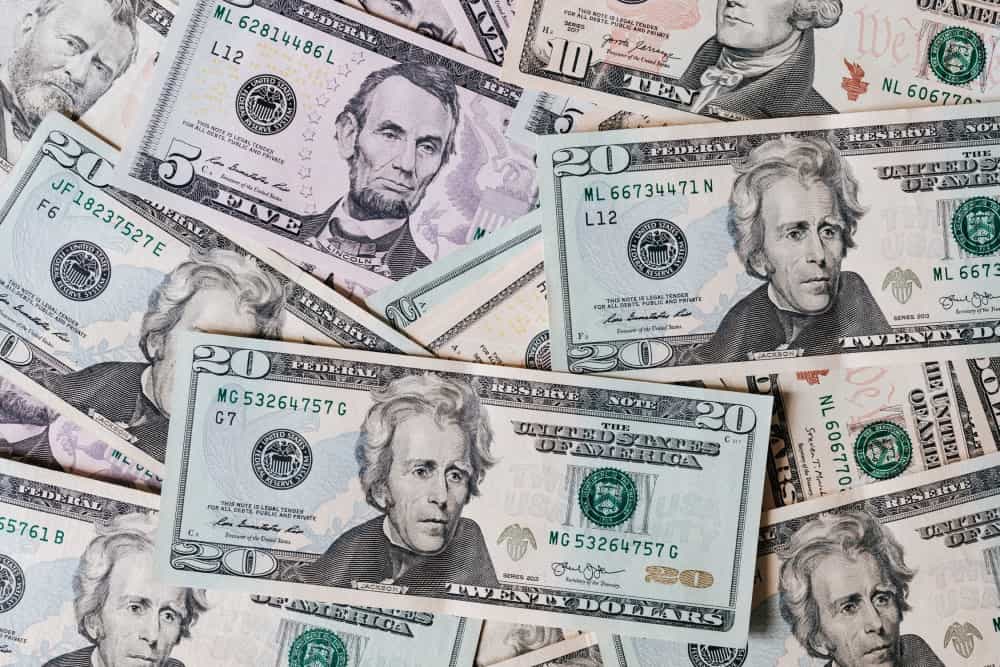If you want to reduce your expenses and are finding it difficult to pay your life insurance, you may be thinking about canceling your policy or surrendering it for its cash surrender value.
The cash surrender value of your life insurance policy is the amount of cash you may withdraw if you surrender your policy to the insurance company. By doing this, you forfeit the right to the death benefit and will no longer have to pay your premiums. This is an alternative to borrowing against your policy, which would keep it in effect and require you to still pay premiums and pay interest on what you borrowed.
Unlike the death benefit of a life insurance policy, which comes into effect when you pass away, the cash value is available to policyholders during their lifetimes. Cash surrender value can be appealing to some in need of urgent cash, but it’s important to know exactly what to expect when considering this option.
Furthermore, you should also be aware of other options such as taking a loan on your life insurance policy or selling it for a cash sum that would likely be far greater than the cash surrender value.
What Is Cash Surrender Value?
Cash surrender value refers to the total money that an insurance company will pay a policyholder to surrender their life insurance policy. When a life insurance policy is surrendered, coverage ends and the policyholder receives a lump-sum payment, minus fees charged by the insurer. Not all life insurance policies have cash surrender value — only whole life, universal life, and variable universal life policies can be surrendered for a cash payment. Cash surrender value is not applicable with term policies because these policies do not accumulate cash value over time. However, some term policies can be converted into other types of policies that are eligible for cash surrender value.
What is the Cash Surrender Value of a Life Insurance Policy?
The cash surrender value of a life insurance policy depends on the cash value it’s accumulated over time, minus the fees associated with surrendering the policy.
When you pay premiums on whole and universal life policies, some of the money goes to pay for death benefit protection provided by the policy, while some is used to pay costs and fees, and the remainder is deposited into the cash value of the account. If it’s a whole life policy, dividends are paid that increase the cash value. If it is a universal life policy, interest rates are paid based on the prevailing rate and added to the cash value. Over time, the cash value account increases through interest and policyholders can choose to withdraw, borrow, or leave the funds to continue growing.
When you surrender your policy for cash, it is the money in the cash value account that you receive. The longer you have a policy, the higher its cash value. That means if you have a policy for 20 to 30 years, it will be worth considerably more than a policy you’ve had for five years.
The cash surrender value is less than the policy’s actual cash value because insurers charge fees for this transaction. So policyholders can determine their cash surrender value by checking the balance in their cash value account, then subtracting all the fees and charges from their insurer.
How Much You Can Expect from Cash Surrender Value
The amount you’ll get with a cash surrender of your life insurance policy will vary, depending on various factors. Those include the following:
- Amount of time you’ve had the policy and it has been in force in relation to how much you’ve paid into the policy.
- Amount of interest, dividends, or capital gains earned by the cash value in the policy.
- Amount of cash surrender fees and charges that will be assessed by the insurance company to liquidate the policy. Such charges can remain in effect for 10 to 15 years. Once this period is over, the cash surrender value will equal the policy cash value.
It’s important to note that during the early years of a whole life insurance policy, there is very little savings in the policy. That means that a cash surrender often isn’t a viable option. Depending on the age of the policy, the cash surrender value may be less than the actual cash value. This is all information you can obtain prior to making any decisions.
Is Cash Surrender Value Taxable?
Generally, the cash surrender value you receive is tax-free. This is the case, because it’s a tax-fee return of the principal of the premiums you paid. For example, if you have paid $450 a month into a whole life policy for 30 months, the first $13,500 of cash value, which equals the premiums you paid, will be tax-free.
Not all the money you receive will be counted as tax-free, however. For instance, any dividends, interest and capital gains you earn while the policy is in place will be taxed, and you’ll have to pay taxes on those earnings. It is best to check with your tax advisor about tax ramifications before making any decisions.
Consider Taking out a Loan on the Life Insurance Policy
If you require some funds but prefer not to surrender your policy, think about taking out a loan from the policy using the accumulated cash value as collateral. This can be a better option if you prefer not to lose the death benefit for your beneficiaries.
When you take out a loan, the loan charges interest to the remaining cash value in the principal. That reduces the growth rate of the cash value, but the policy remains in effect.
Keep in mind, however, that any outstanding loan amount remaining on the policy when it is paid out will be subtracted from the death benefit. That will mean that your beneficiaries receive less money than if you hadn’t borrowed against the policy. For instance, if you borrow $10,000 and then pass away, the death benefit will be reduced by that amount, if you haven’t yet paid the policy back.
Life Settlement as an Alternative Option
As mentioned earlier, you’re much better off selling your life insurance policy than surrendering it. The process by which you sell your life insurance is known as a life settlement. With a life settlement, you may find that your payout is significantly higher than the cash surrender value of your policy.
Much like with surrendering your policy, by selling it through a life settlement you will no longer be responsible for monthly premium payments and other maintenance costs. Cashing out provides a large sum that can be used however you’d like including paying off debts, going on vacations, or even an emergency fund while you are still alive. The key difference between surrendering your policy and selling it is that selling it yields a far higher payout, potentially up to 60% of the total policy value.
If you’re curious about how much your life insurance policy is worth by selling it, contact us for a free cash estimate or use our life settlement calculator for an instant evaluation. Harbor Life is one of the top life settlement companies and can answer all your questions and help you maximize the value for your policy.








